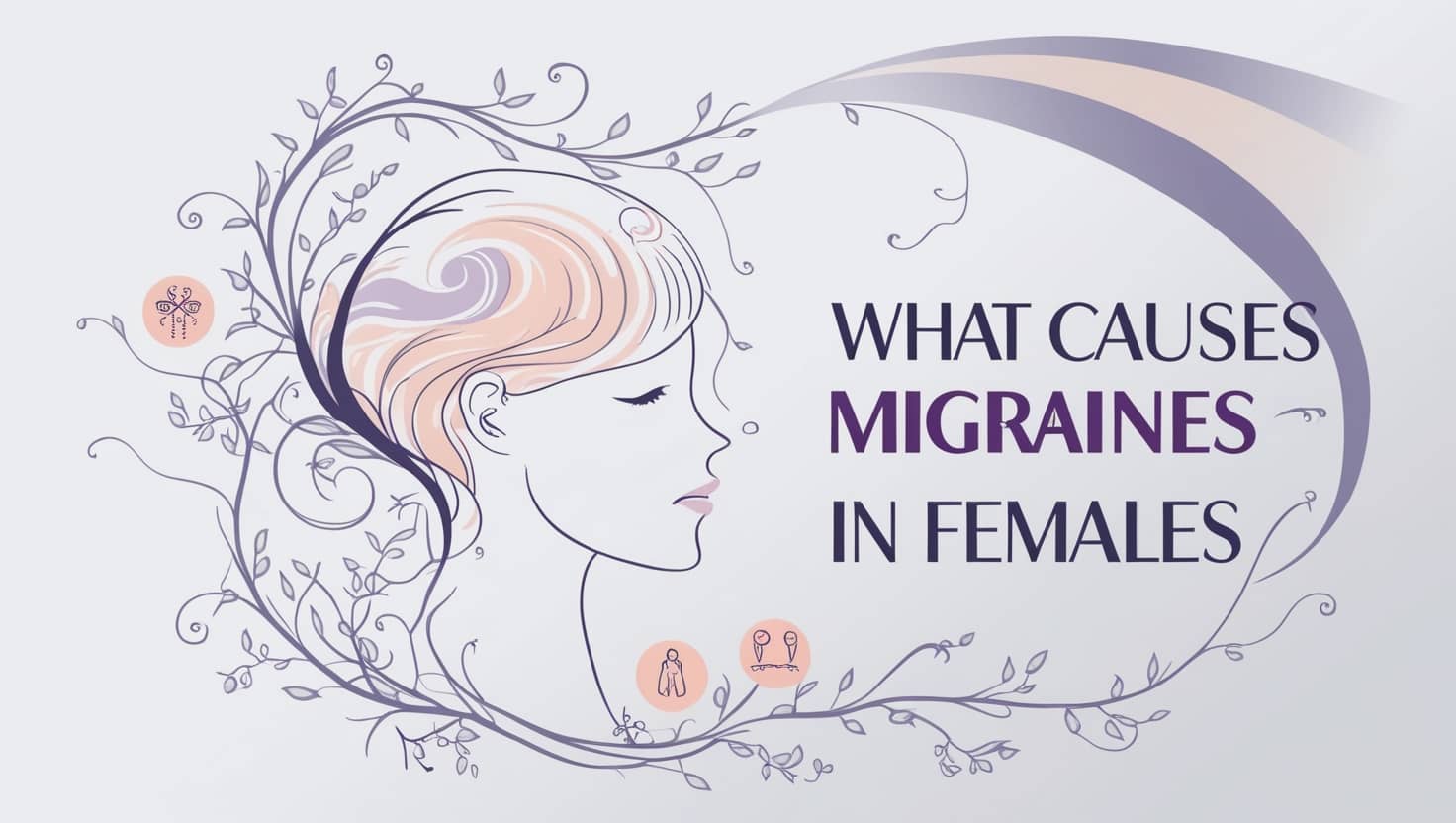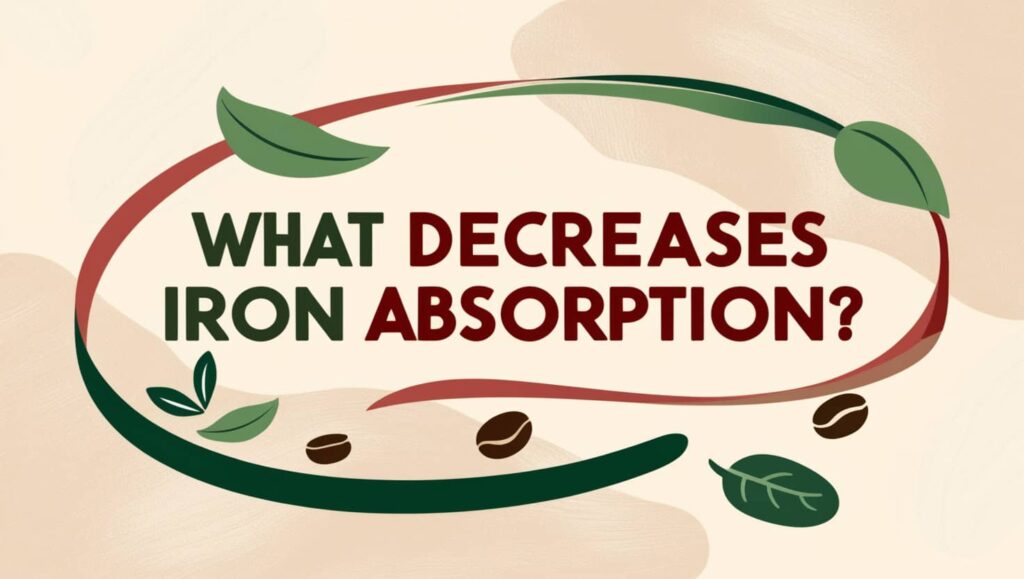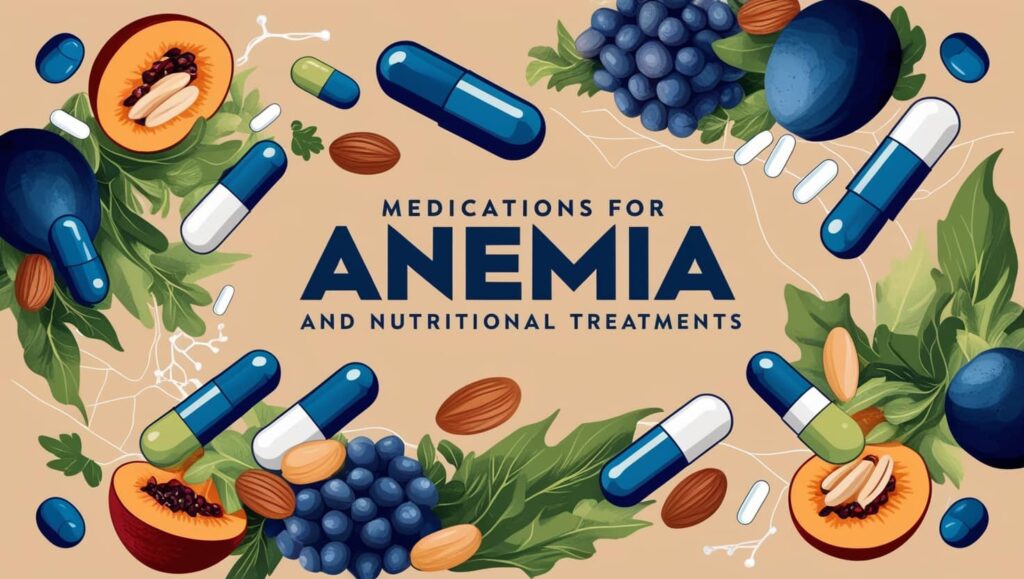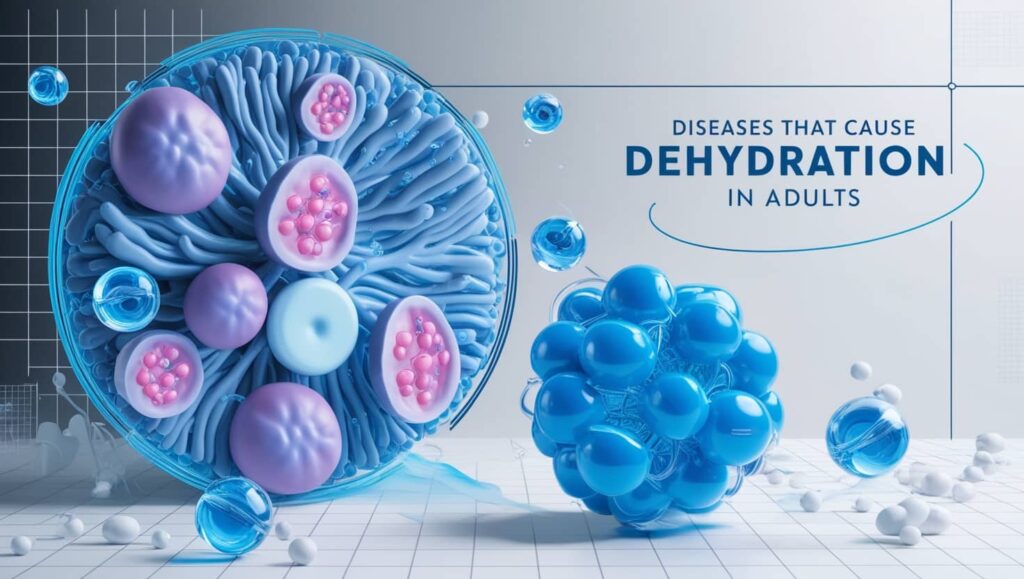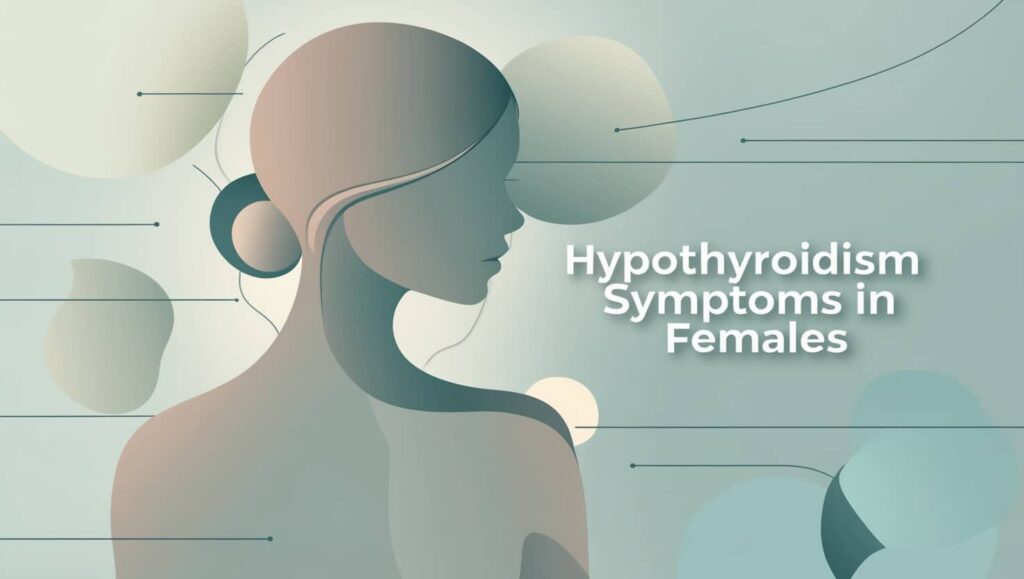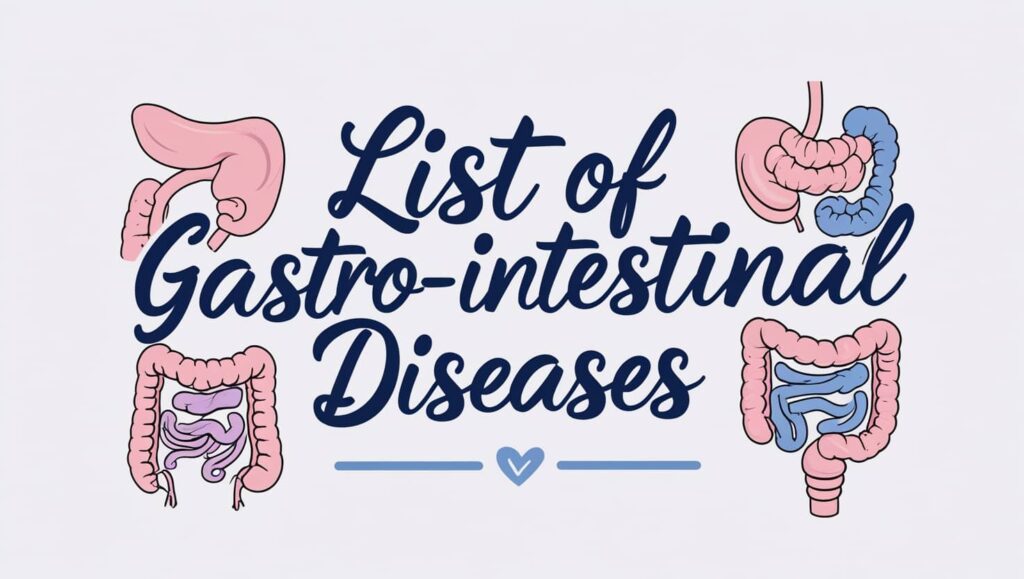Migraines are not just a severe headache; they come back repeatedly and cause a lot of damage.
The most common Migraines symptoms are throbbing pain on one side of the brain.
The sufferer may also experience nausea, extreme fatigue, and sensitivity to light, noise, and smells.
Migraines last for a few hours or days before disappearing and then attacking again.
If you want to know the causes of migraines in women and avoid triggers to reduce attacks, follow the following paragraphs with us.
Common Triggers of Migraines in Women
Many factors can act as triggers for migraines and they vary from person to person but usually fall under the following list:
- Insufficient sleep or interrupted sleep.
- Sudden changes in weather or environment.
- Strong fumes and pungent odors.
- Mental stress.
- Physical stress.
- Skipping meals and low blood sugar levels.
- Sudden and loud noises.
- Motion sickness.
- Smoking tobacco.
- Drinking alcohol.
- Bright lights.
- Hormonal changes.
- Head trauma. ( Lay & Broner, 2009)
Hormonal and Lifestyle Factors Contributing to Migraines
Lifestyle and hormonal changes are among the most important factors that fall under what causes migraines in females .
Hormonal changes:
Menstrual cycle: During the menstrual cycle, hormonal fluctuations occur in estrogen and progesterone levels, which causes migraines for many women, whether during the menstrual cycle or in the days before it.
Pregnancy: Pregnancy can be a reason for stopping attacks or reducing their number, as the levels of estrogen and progesterone hormones stabilize to a large extent, but after childbirth, the attacks reappear.
Menopause: Hormonal disorders during menopause can cause severe and recurring migraine attacks. ( Sacco, Ricci, Degan , & Carolei , 2012)
Lifestyle
Sleep: Too much sleep, too little sleep, or disturbed sleep are the most common causes of migraines.
Stress: Whether mental or physical stress can cause migraines.
Diet: Some foods and drinks act as triggers for migraines, the most important of which are alcohol, tobacco, caffeine, processed meats, artificial sweeteners, MSG, and dehydration.
Intense physical activity: Such as violent sports can cause migraines.
Medications: Such as medications that affect hormones or that dilate blood vessels.
Sensory stimuli: such as light, noise, and smells.
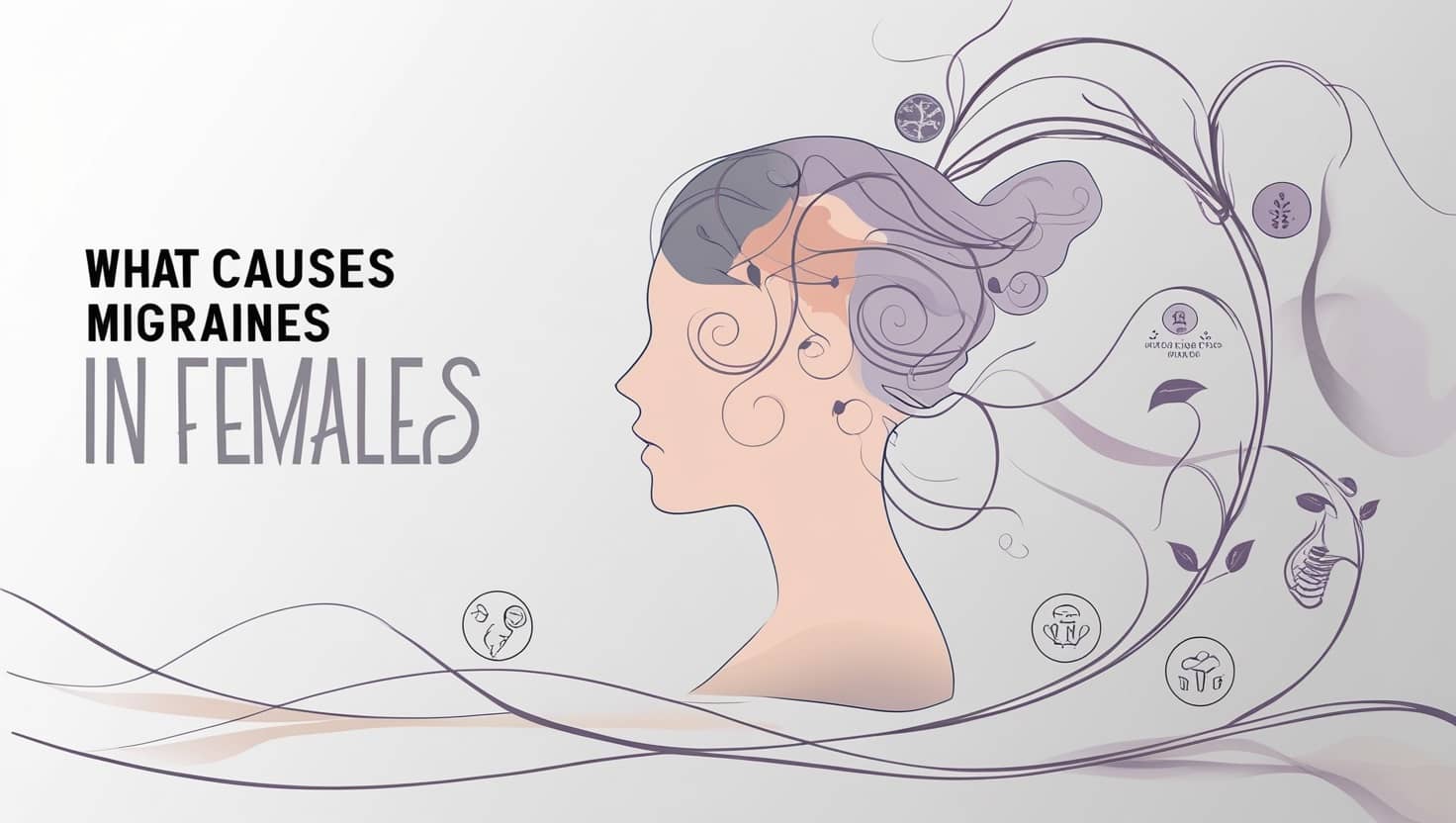
How to Identify and Manage Migraine Causes
Identifying Migraine Causes requires you to pay attention to the stimuli that affect you in particular, and writing notes may be useful in this area.
You can write your notes about the following:
Food and drink: Write down foods that contribute to the occurrence of attacks, such as processed meats, artificial sweeteners, old cheese, caffeine, etc.
Environmental factors: such as changes in temperature, humidity, noise, and bright lights.
Lifestyle: such as the quality of sleep and physical activity, as disturbed sleep and excessive physical activity are causes of migraines.
Hormonal changes: especially during the menstrual cycle or during menopause.
Managing Migraine Causes
When determining what causes migraines in females, we can do the following:
Modify the diet:
- By eliminating or reducing stimulants.
- Keep blood sugar levels in good condition by not skipping meals.
- Drink plenty of water.
Environmental modifications:
- Use earplugs or headphones to avoid noise.
- Use sunglasses to avoid bright light.
- Use natural oil diffusers instead of those that cause you migraines.
Improve lifestyle:
- By improving sleep quality, practicing meditation, yoga, breathing exercises, avoiding nervous tension, and practicing moderate exercise without stress.
- Hormonal management: Consult a specialist doctor on how to adjust hormone levels to reduce or prevent migraine attacks.
Read Also: How Does Chronic Pain Affect the Brain
References
Lay , C. L., & Broner, S. W. (2009). PubMed. Retrieved from Migraine in women : https://pubmed.ncbi.nlm.nih.gov/19289228/
Sacco, S., Ricci, S., Degan , D., & Carolei , A. (2012). PubMed. Retrieved from Migraine in women: the role of hormones and their impact on vascular diseases: https://pmc.ncbi.nlm.nih.gov/articles/PMC3311830/


